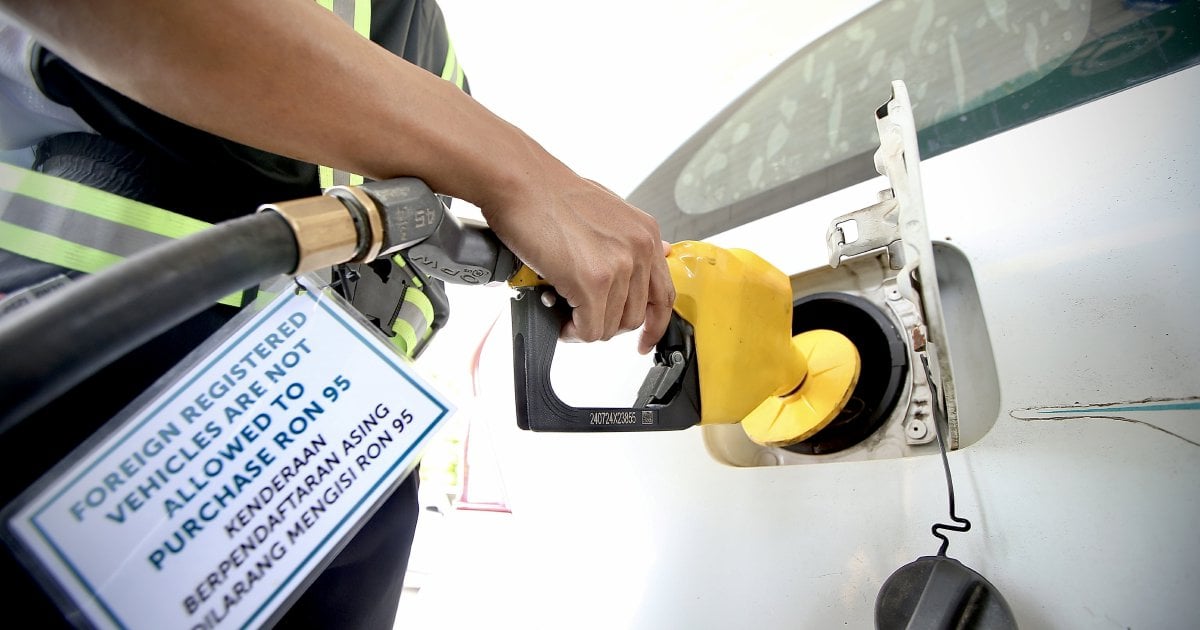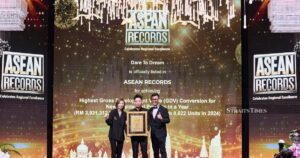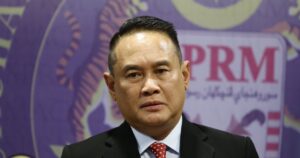KUALA LUMPUR: While the government’s move towards targeted fuel subsidies may help redirect aid to the poorest households, it could also inadvertently penalise middle-income families who rely on a modest home and car for daily living, an economist has cautioned.
Universiti Teknologi Mara Business Management Faculty senior lecturer Dr Mohamad Idham Md Razak said the introduction of asset-based criteria alongside household income represented a fundamental shift from a broad subsidy mechanism towards a more means-tested transfer system.
“For genuine lower-income households (B40), this should, in theory, be beneficial as it aims to redirect finite government resources away from higher-income groups who consume more fuel.
“This potentially increases the per-capita benefit for those most in need or frees up fiscal space for other pro-poor initiatives,” he told the New Straits Times.
However, he said the picture was more complex for middle-income earners (M40), many of whom could be unfairly disadvantaged under the new framework.
“This cohort often possesses assets such as a single modest property and a family car.
“These are not luxuries but necessities for economic participation.
“The risk is that these households, already strained by the high cost of living and significant debt obligations, could be wrongly categorised as ineligible.
“This effectively reduces their real disposable income and creates a new ‘squeezed middle’ at the arbitrary threshold where eligibility ceases,” he said.
Idham said the government must take into account Malaysia’s structural economic challenges before finalising its criteria.
“With stagnant wages, a rising cost of living and high household indebtedness, it is vital that any subsidy rationalisation exercise avoids creating inequities between the genuinely affluent and those merely trying to maintain basic living standards,” he said.
The government recently announced that ownership of property and luxury vehicles, alongside monthly income, will now be among the factors in determining eligibility for the RON95 fuel subsidy.
Idham said incorporating additional factors such as household size, number of dependents, and regional cost-of-living variations would strengthen both the fairness and effectiveness of the subsidy programme.
“From an efficiency standpoint, it ensures the subsidy is directed to those with the highest marginal utility for the money, that is, those who need it most.
“From an equity standpoint, it acknowledges that a given income provides a vastly different standard of living for a single individual in a rural area compared to a family of five in Kuala Lumpur.
“While layering these factors into the assessment algorithm increases administrative complexity and cost, it is the only method to approach true distributive justice and prevent the unintended exclusion of vulnerable households that the policy ostensibly aims to protect,” he said.
Meanwhile, Universiti Putra Malaysia Associate Professor of Economics Dr Ida Md Yasin said the subsidy mechanism should remain as straightforward as possible to avoid loopholes and abuse.
“The more criteria we introduce, the greater the chances that people will find ways to exploit or bypass the system.
“Simplicity is key to making the policy both effective and enforceable.
“From an economic standpoint, subsidies are rarely efficient as they distort the market and often lead to leakages, including smuggling.”
Ida said if the government truly intends to assist those in need, direct cash assistance would be a better option.
“The system is already in place, and in the future, such aid could even be extended to cover fuel instead of complicating subsidy eligibility,” she said.
© New Straits Times Press (M) Bhd






